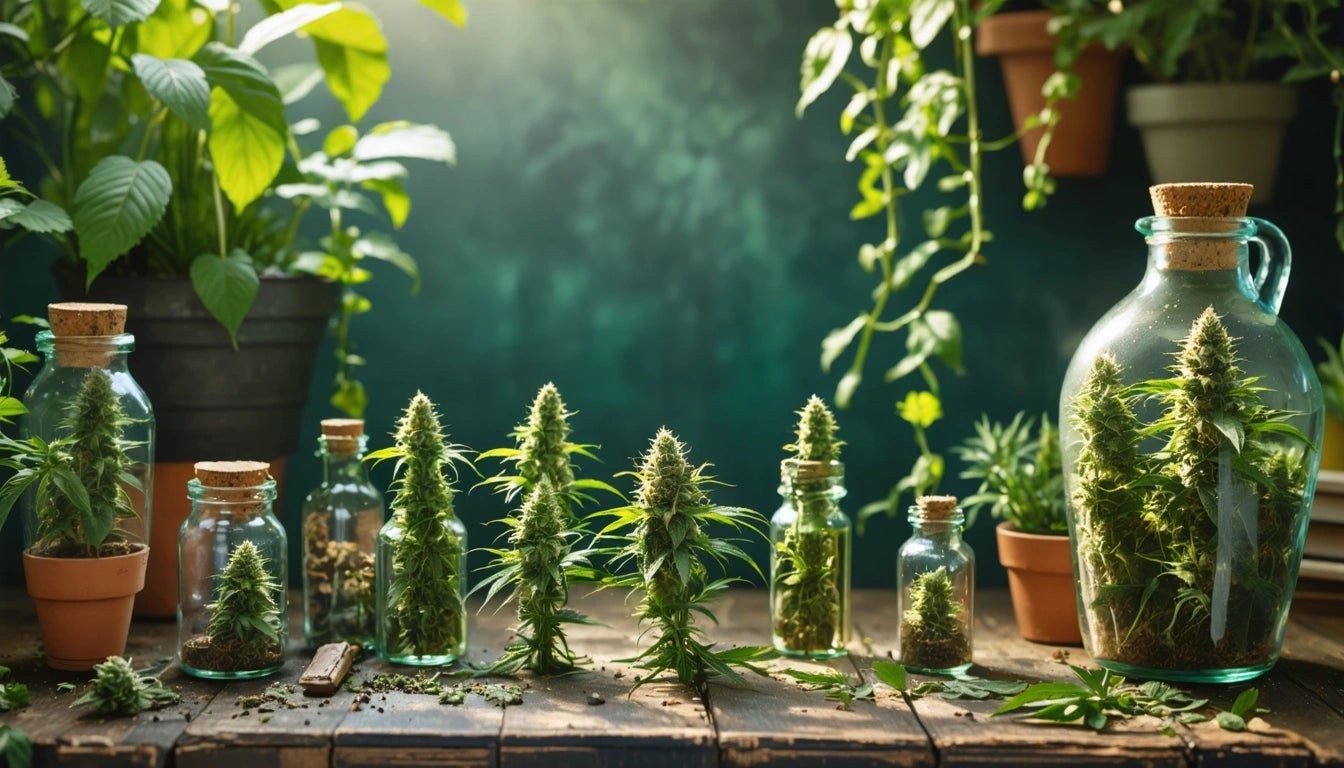Table of Contents
Understanding Colorado's Drug and Alcohol Laws: Legalization, Testing, and Enforcement
Colorado made history in 2012 when it became one of the first states to legalize recreational marijuana. Since then, the state's approach to drug and alcohol regulation has evolved significantly, creating a complex legal landscape that residents and visitors must navigate carefully. While cannabis enjoys legal status, many other substances remain controlled or prohibited, and enforcement practices continue to adapt to changing public attitudes.
Colorado Marijuana Legalization: Current Status
When discussing what drugs are legal in Colorado, marijuana stands as the most prominent example. Amendment 64, passed in 2012, legalized recreational cannabis for adults 21 and older. The history of weed legalization in Colorado reveals a gradual implementation process that has now matured into a robust regulatory framework.
Current marijuana possession limits in Colorado include:
- Up to 2 ounces of marijuana for personal possession
- Up to 6 plants per resident (with no more than 12 plants per household)
- Up to 8 grams of concentrate
- Products containing up to 800mg of THC
Colorado sativas and other cannabis varieties are available through licensed dispensaries throughout the state. Colorado's cannabis culture has flourished with numerous dispensaries offering a wide range of products from flower to edibles and concentrates.
Beyond Cannabis: Legal Status of Other Substances in Colorado
Despite common misconceptions, not all drugs are legal in Colorado. The state maintains prohibition on most controlled substances in alignment with federal law. The Colorado DEA actively enforces these regulations, with exceptions primarily limited to cannabis and, more recently, certain psychedelics.
Natural Medicine Health Act
In 2022, Colorado passed Proposition 122, the Natural Medicine Health Act, which decriminalized personal use of certain psychedelic substances for adults 21 and over, including psilocybin and psilocin (found in "magic mushrooms"). The legal status of magic mushrooms in Colorado represents another step in the state's evolving drug policy.
However, most other controlled substances remain illegal under Colorado drug laws, including:
- Cocaine
- Heroin
- Methamphetamine
- LSD
- MDMA/Ecstasy
Possession of these substances can result in serious criminal penalties, ranging from misdemeanors to felonies depending on quantity and intent.
While cannabis is legal and certain psychedelics have been decriminalized, most controlled substances remain illegal in Colorado and are actively enforced by state and federal agencies.
Colorado Alcohol Regulations and Enforcement
Colorado liquor enforcement operates under the authority of the Liquor Enforcement Division of the Colorado Department of Revenue. The state has implemented comprehensive regulations governing the sale, distribution, and consumption of alcoholic beverages.
Key alcohol regulations include:
- Legal drinking age of 21
- Zero tolerance for underage drinking
- Strict licensing requirements for vendors
- Operating hours restrictions for alcohol sales
Colorado drunk driving laws are particularly stringent. Driving with a blood alcohol content (BAC) of 0.08% or higher constitutes a DUI, while a BAC between 0.05% and 0.08% can result in a DWAI (Driving While Ability Impaired) charge. Both carry serious penalties including license suspension, fines, and possible imprisonment.
Drug Testing Laws and Workplace Policies in Colorado
Colorado drug testing laws balance employee rights with employer prerogatives. While marijuana is legal for recreational use, employers maintain the right to enforce drug-free workplace policies and conduct drug testing. The Colorado Supreme Court has upheld employers' rights to terminate employees for off-duty marijuana use, even if legal under state law.
For businesses that process cannabis, specialized equipment like commercial-grade cannabis grinders must comply with industry regulations while maintaining workplace safety standards. These regulations ensure proper handling of legal cannabis products while preventing diversion or misuse.
Pre-Employment and Random Testing
Colorado drug test protocols vary by industry and employer. Safety-sensitive positions often require pre-employment and random drug testing. However, some municipalities like Boulder and Denver have enacted ordinances limiting pre-employment testing for marijuana in non-safety-sensitive positions.
Industries with federal oversight, such as transportation, healthcare, and defense contracting, must comply with federal drug testing requirements regardless of state law. This creates a dual regulatory environment where Colorado legal drugs like marijuana remain prohibited in certain employment contexts.
Enforcement and Penalties for Drug Violations
Enforcement of Colorado drug laws involves multiple agencies, including local police, state patrol, and federal entities like the Colorado DEA. Obtaining a Colorado DEA license remains necessary for healthcare providers and facilities that handle controlled substances.
Penalties for drug violations depend on several factors:
- Type and quantity of substance
- Intent (personal use vs. distribution)
- Prior offenses
- Presence of aggravating factors
Colorado's legal regulations have been modified to reduce penalties for simple possession of small amounts of controlled substances, focusing more on treatment and harm reduction than incarceration.
The Future Regulatory Landscape in Colorado
Colorado continues to serve as a testing ground for progressive drug policy. Recent developments in Colorado's cannabis scene suggest ongoing refinement of regulations and enforcement practices.
Several trends are likely to shape the future of drug and alcohol regulation in Colorado:
- Expansion of the regulated psychedelics market following the Natural Medicine Health Act
- Further refinement of DUI standards for cannabis impairment
- Evolution of workplace drug testing policies to accommodate legal marijuana use
- Potential alignment of state and federal policies if federal cannabis reform advances
As Colorado's approach to substance regulation continues to evolve, staying informed about the current legal status of various substances remains essential for residents and visitors alike. While the state has pioneered cannabis legalization, it maintains a nuanced approach to regulation that balances personal freedom with public health and safety concerns.











Leave a comment
All comments are moderated before being published.
This site is protected by hCaptcha and the hCaptcha Privacy Policy and Terms of Service apply.